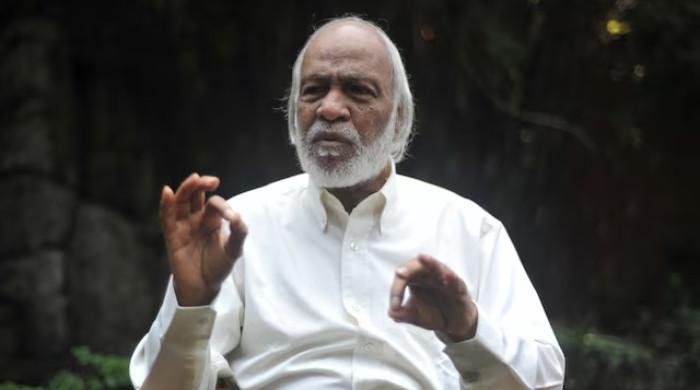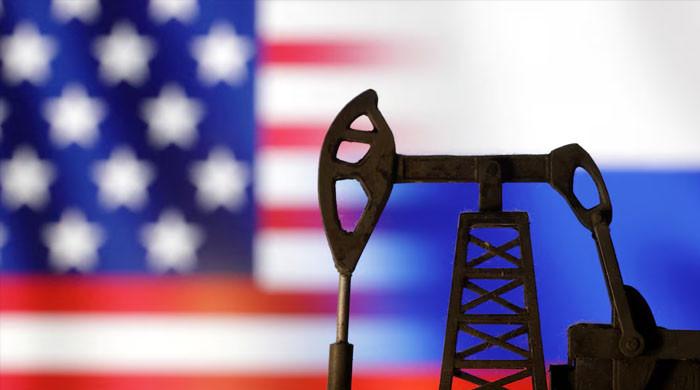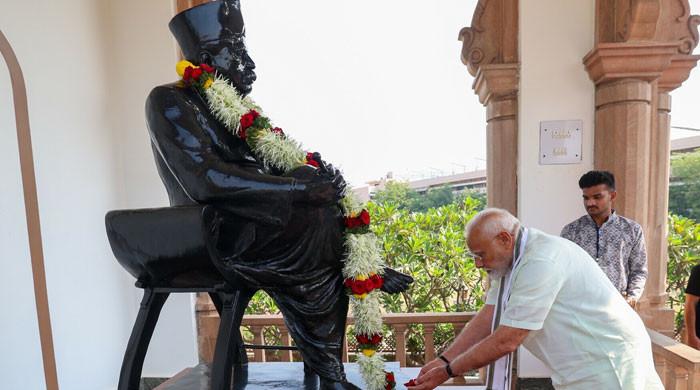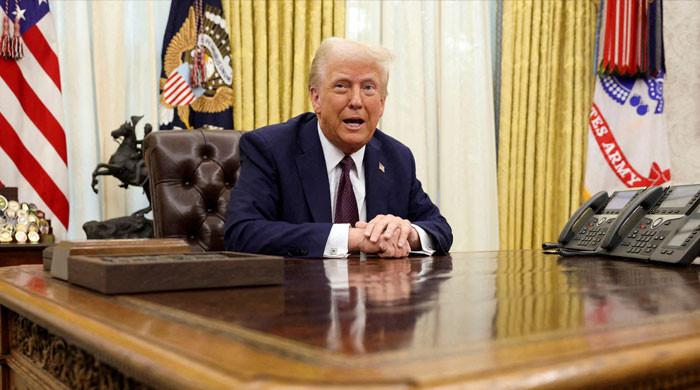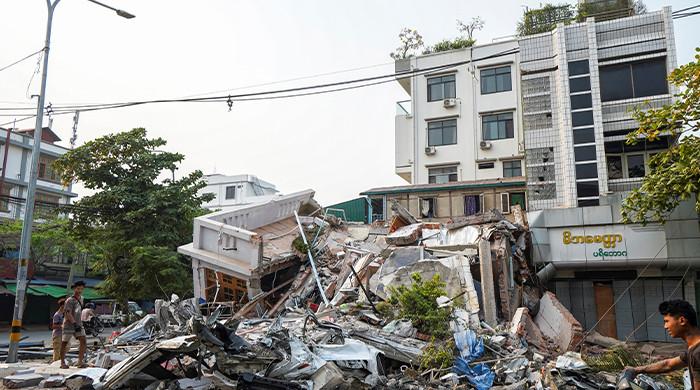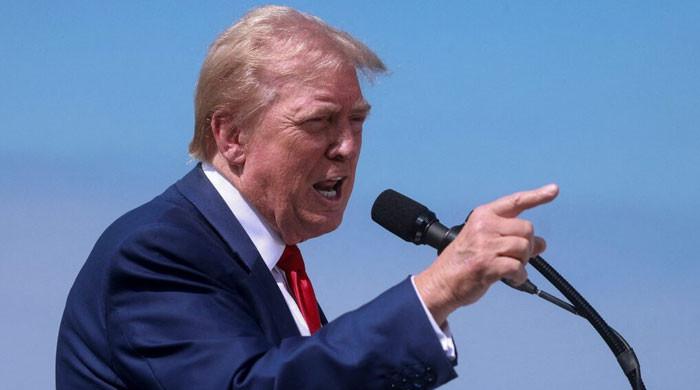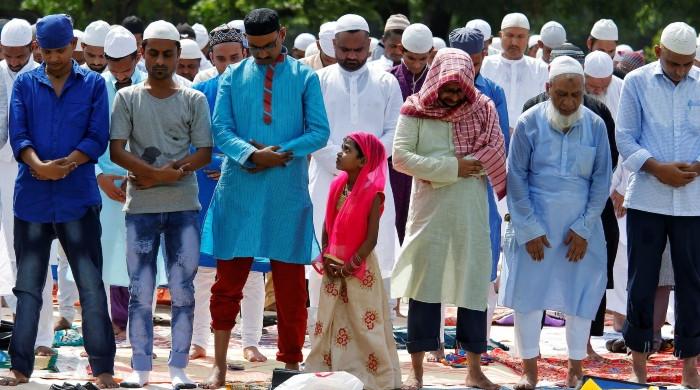People in misery as Mocha cyclone causes devastation in Myanmar
Cyclone Mocha destroys bridges, disrupts power supply lines and dislodges huts located in displacement camps
May 16, 2023

As the cyclone wreaks havoc in Myanmar, families in Rohingya buried their family members outside the destroyed villages, while searching for people who went missing during the devastation that killed nearly 50 people.
The families in Rohingya — with a large population of Muslims — are also not expecting any assistance from their government as the rulers of Myanmar deny their identity.
Cyclone Mocha destroyed bridges, disrupted power supply lines and dislodged huts located in displacement camps and villages across Rakhine state. The cyclone exacerbated their misery as the minority was being already persecuted by Myanmar authorities.
People were looking over the debris once above their homes' roofs and many others were finding their loved ones who went missing since the powerful cyclone of a decade struck the region.
"We were trying to run but the water was very high and dragged us down," Sar Hla Ma Kha, 40, told AFP from Basara village.
"The water was around our chest. My daughter and her son were lost while we were running."
Several people went to the seashores to look for their loved ones that were taken away by the raging waters. Some of them were successful in finding the bodies.
Aa Bul Hu Son, 66, Tuesday buried his daughter, the latest member of his family to have been taken by the storm.
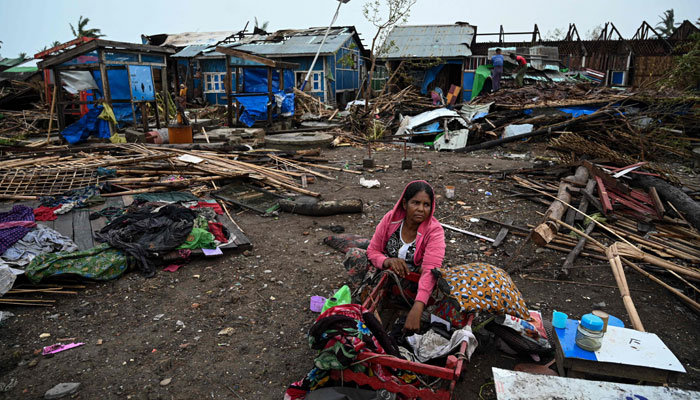
"I just found her dead body in the lake in the village and buried her right away. I can't find any words to express my loss," he said.
"Nine out of my 14 family members were killed," he told AFP.
"While we were thinking of moving, the waves came immediately and took us."
"Only five survived. The [rest] couldn't resist when strong wind swathed them away."
After the devastation, ground communications are being restored with Sittwe, a city of around 150,000 people, with roads being cleared and internet connections restored slowly.
State media showed images in which troops were busy unloading aid at the airport, and state media reported junta chief Min Aung Hlaing had visited to assess the damage.
However, few people in Rohingya were expecting steady help from the government.
Interlopers from Bangladesh
The people in Rohingya are regarded mainly as interlopers from neighbouring Bangladesh and are denied basic facilities such as health care. They even ask for permission to leave the town for travelling.
A brutal Myanmar military crackdown in 2017 forced the Rohingyas to escape neighbouring Bangladesh as they reported horrific tales of murder and brutality.

Junta chief Min Aung Hlaing — who was the chief of the military during the ferocious crackdown — dismissed the term Rohingya as "imaginary".
Those who are remaining, live in camps in Rakhine because of the violence that had continued for decades.
The storm had wiped out years of work for those who had struggled to make a life.
"I had to work very hard for my living and to own things and rice," Arbada said outside Basara village.
"Now all of my belongings, rice and even dishes are all gone. Now I've no money to rebuild my house. We are starving. I haven’t eaten for two days."
"How many days does a person have to go hungry? I don't know when the government will come to help."




